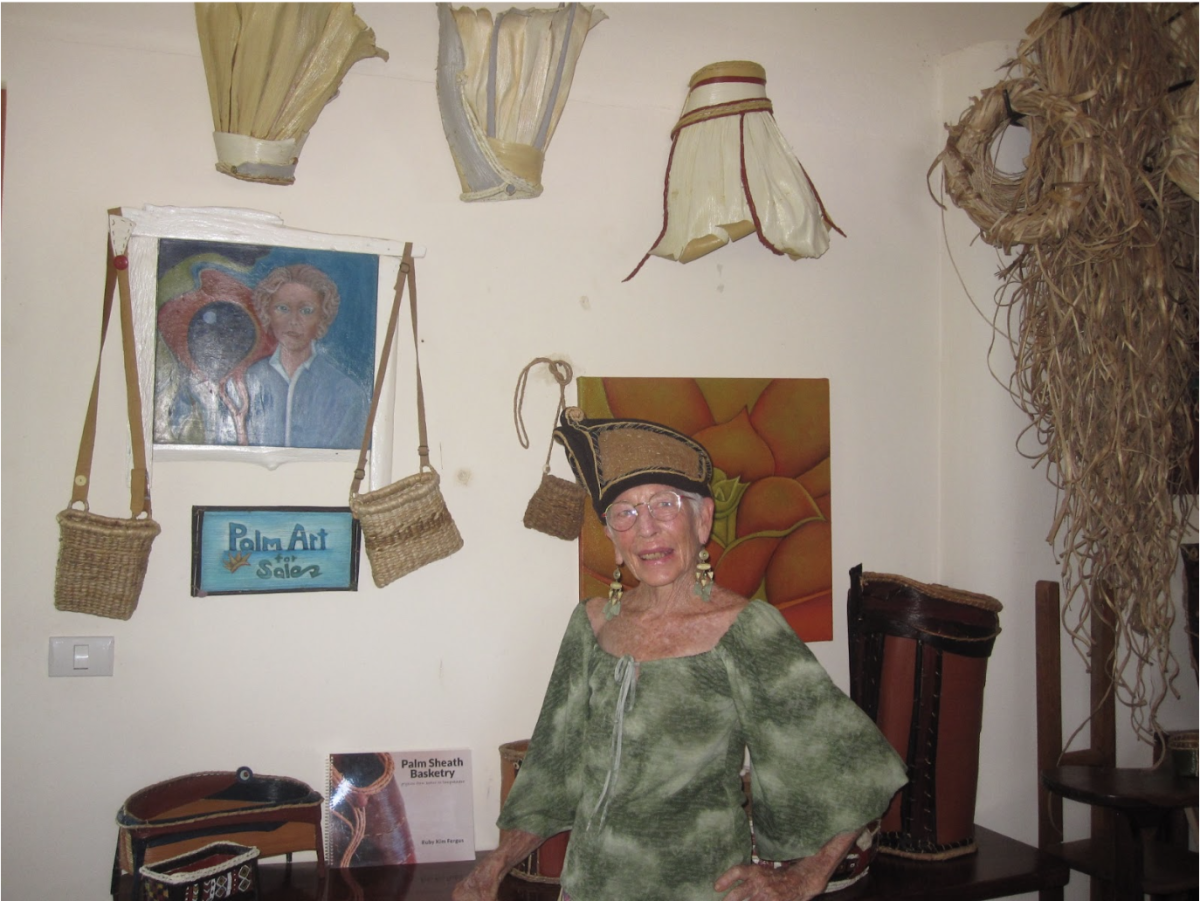Staff Editorial
With the coifed hair-do, dark-rimmed glasses, bright red blazer and twanging “You Betcha”s, Tina Fey’s impersonation of Republican vice-presidential candidate Sarah Palin on the sketch comedy show Saturday Night Live (SNL) has already become an icon in this year’s presidential campaign. Yet, viewers who watch political comedians such as Fey or Stephen Colbert of The Colbert Report and Jim Stewart of The Daily Show should be tuning in for laughter and entertainment, not for legitimate news coverage.
Being an informed listener to jokes that poke fun at Sen. McCain’s old age, Palin’s apparent avoidance of reporters, Sen. Obama’s constant “change” mantra, or Sen. Biden’s “tough” childhood in Scranton, Penn. is as important as and virtually synonymous with being an informed voter.
A recent spoof on SNL of the now infamous Katie Couric interview with Palin serves as an example of why viewers should research the facts for themselves. It may have been hilarious to watch Fey in her eerily dead-on impersonation of the governor try to dodge questions posed by Couric (played by a very pregnant Amy Poehler) with little winks to the camera, but Americans simply cannot consider themselves educated voters or even qualified to make legitimate criticisms of Palin if they didn’t even bother to view the original Couric interview for themselves on www.nbc.com or search for it on YouTube.
Making hasty conjectures about candidates or political issues in general based on spoofs and satires without getting the facts, whether one identifies his or herself as a Republican, Democrat or “declines to state,” isn’t simply being lazy, it’s being ignorant.
Both the Republican and Democratic parties have also come to recognize the significance of shows like SNL in terms of molding voters’ opinions. Sen. Obama as well as Gov. Palin have both made cameo appearances on SNL, revealing a sense of humor and ability to poke fun at themselves, as Palin recently bobbed her head to a rap song about her with beep-boxing eskimos.
The candidates’ willingness to appear on comedy shows such as SNL that have literally made a career out of mocking high-profile figures such as themselves proves the influence impressionists like Fey hold upon the election.
Yet political comedians have always held a prominent place in the United States presidential campaigns, from Lincoln to George W. Bush. And that’s not necessarily a negative thing. They allow Americans to chuckle and guffaw at politics and can often reveal as much of the ridiculous as of the truth about muffled tensions between candidates or what really may be going on in the minds of politicians who are skilled in twisting words, dodging bullets and flashing dazzling white smiles.
However, viewers must never forget that, above all, these comedians are portraying caricatures, characters as exaggerated as Kramer on Seinfeld or Goofy from Walt Disney cartoons. And as much as Americans love to laugh, serious issues call for serious research.








